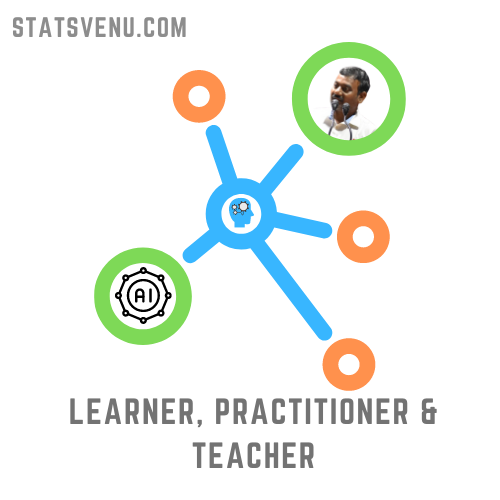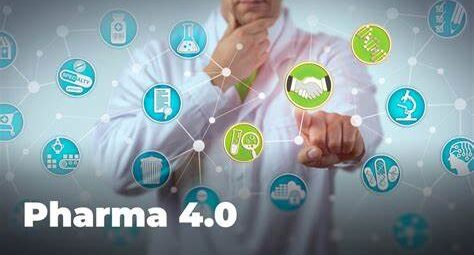In an era where technology is reshaping every industry, pharma and healthcare are no exceptions. Multi-Agent Systems (MAS) are at the forefront of this revolution, offering promising solutions that could streamline operations, enhance patient outcomes, and facilitate real-time decision-making. Let’s explore some exciting applications of MAS within these fields.
1. Streamlining Clinical Trial Patient Recruitment
Recruiting patients for clinical trials has always been labor-intensive and time-consuming. MAS can significantly simplify this by automating the matchmaking process. Intelligent agents representing patients, physicians, and trial coordinators interact to identify suitable candidates based on specific criteria. By reducing manual efforts, this not only speeds up recruitment but also helps trials meet enrollment goals more efficiently.
2. Distributed Diagnosis and Care Coordination
Imagine a scenario where a team of specialists collaborates in real-time to diagnose a complex medical case. Multi-agent architectures enable this by facilitating distributed diagnostic reasoning. Various agents symbolize different providers such as physicians, labs, and pharmacies, ensuring seamless sharing of information and coordinated care activities. This leads to better diagnostic accuracy and improved patient outcomes.
3. Personalized Treatment Planning
Every patient is unique, and so should their treatment plans be. Multi-agent systems can harness data from electronic health records, lab results, imaging, and even genomic profiles to create a comprehensive patient model. Using this data, intelligent agents can develop personalized treatment plans tailored to the patient’s specific needs, risk factors, and preferences. These plans adapt dynamically as new data becomes available, ensuring the patient receives the most effective care.
4. Optimizing Hospital Workflows
Hospitals are bustling environments where efficient workflow management is crucial. Agent-based systems can model these complex settings to simulate various “what-if” scenarios. By representing patients, providers, departments, and resources as agents, these systems can identify bottlenecks, optimize resource allocation, and streamline patient flow. Improved staff scheduling, bed management, and patient routing are just a few areas that can benefit from this technology.
5. Home Monitoring for the Elderly
As the global population ages, enabling seniors to live independently while ensuring their safety becomes increasingly important. Multi-agent systems facilitate unobtrusive home monitoring through networks of intelligent agents. These agents analyze data from wearable and ambient sensors to track activity levels, medication adherence, and vital signs. Alerts and recommendations can then be issued to caregivers and physicians, helping keep elderly individuals safe and healthy at home.
6. Pharmacovigilance and Drug Safety
Ensuring drug safety is paramount for pharmaceutical companies and regulators. Multi-agent frameworks can mine data from electronic health records, social media, patient forums, and research literature to detect adverse drug events early. By correlating this information, agents can identify safety signals that warrant further investigation, potentially leading to label updates, dose adjustments, or even drug withdrawals to safeguard patients.
7. Early Detection of Epidemic Outbreaks
Public health officials need effective tools to detect and respond to epidemic outbreaks swiftly. MAS can monitor diverse data streams, including clinic visits, lab test orders, social media mentions, and over-the-counter drug sales. Intelligent agents can spot anomalous patterns, share information, and prompt immediate investigation, enabling health authorities to act quickly and contain the spread of emerging epidemics.
Conclusion
The applications of Multi-Agent Systems in pharma and healthcare are extensive and transformative. From optimizing clinical trials to ensuring drug safety, MAS holds the potential to revolutionize how we approach healthcare delivery and patient management. As these technologies continue to evolve, we can expect even more innovative applications that will further enhance the efficiency and effectiveness of healthcare systems worldwide.
Source: Blog – Eularis



